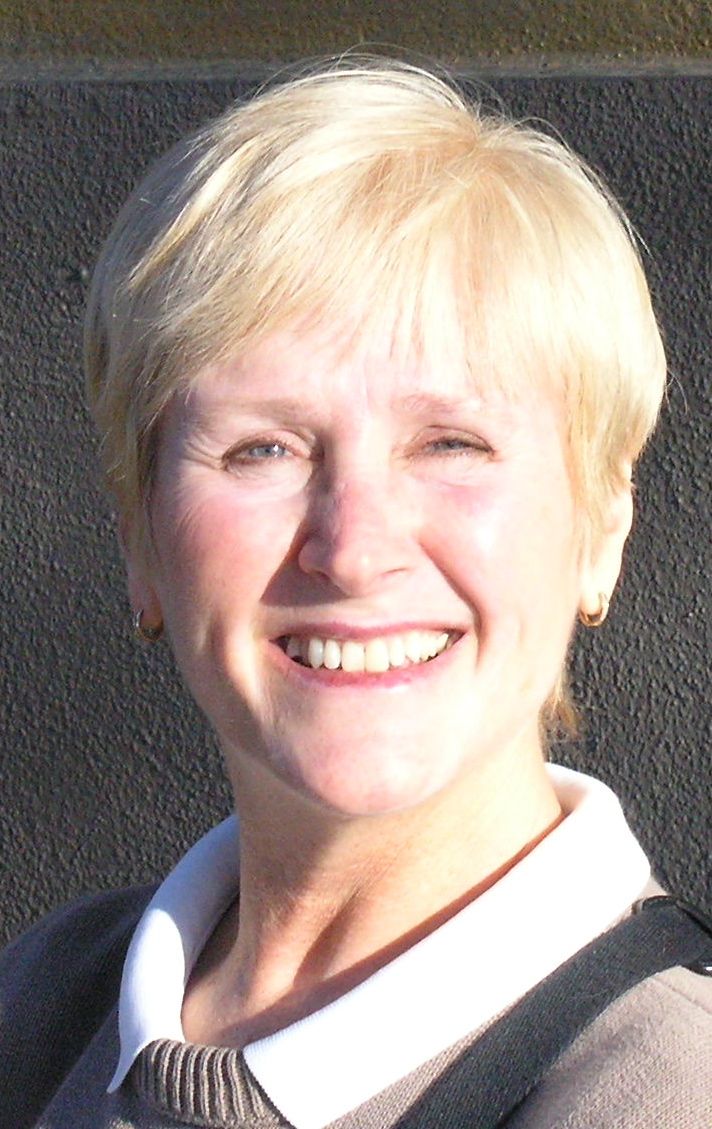 TRYING TO REMEMBER … have I already written about Alzheimer’s disease? No. No, I haven’t. I’m sure of it. Pretty sure.
TRYING TO REMEMBER … have I already written about Alzheimer’s disease? No. No, I haven’t. I’m sure of it. Pretty sure.
This much is certain — I follow every trick and tip I discover to stave off that thief of noodles.
That’s why I play Words with Friends. It’s not a deadly time-killer that beckons its victims to the Qi at any pause in their action-filled lives. No! No it’s not.
WWF is way more than a silly electronic game of Scrabble! On the contrary, WWF constitutes a pointed effort to hop up the hippocampus. Oh my, yes!
I can’t tell you how happy I am to find that my compulsive pastime plays a preventive role in saving synapses. It’s good to find evidence to back up my heretofore defenseless argument about why those little yellow lettered squares mean so much.
I learned it at the Alzheimer’s Association International Conference, 2014.
OK. I didn’t go to the Alzheimer’s conference. Couldn’t find my car keys. Forgot to mark my calendar. Missed the flight to Copenhagen. Yuk yuk yuk groan.
But here’s the good news for us addicts of WWF — not to be confused with the World Wrestling Federation, which, most likely, is bad for your brain — straight from the AAIC: Traditional pastimes like playing card games and working puzzles help to increase brain volume! Evidently when it comes to brains, size does matter.
These findings build on previous studies that have linked playing video games to larger brain structures.
Would someone please tell Mr. Plath? He makes a point of needling me at every opportunity just because my fingers twitch whenever my iPhone plays that tinkling notification that one of my nemeses has sent me another WORD!
I cannot not respond … !
On the other hand, please don’t tell my boomerang son who plays video games, or more accurately, a particular video game, with the fervor of a young suitor pursuing the woman of his dreams. He lives for long stretches in that virtual world where an actual woman is unlikely to materialize. Unless, perhaps, she also has heard the Call of Duty. A mother can hope.
On the bright side, his brain must be bulging against his eardrums.
Another favorite game, Six Degrees of Kevin Bacon, builds brain power, too.
You may think of Six Degrees as an exasperating exercise that movie buffs use to clear a room. It works well for that; but it is much, much more.
Six Degrees is a memory exercise that constructs a web of actors, their filmographies, full movie casts and connections over time in Hollywood history. That’s an elegant metaphor for a neural network!
Case in point: Just this week I happened upon a snippet of “Footloose” starring Kevin Bacon; and guess who co-stars in it? John Lithgow!
Instantly, my dementia-defiant system of associations kicked into gear like a Rube Goldberg machine: My memory mouse ran down that 1984 “Footloose” ramp, hopped onto the Ferris Wheel, swung around and jumped into a canoe. From there, she paddled up to the ladder leading to 2014’s “Interstellar” starring Matthew McConaughey and, wait for it … John Lithgow!
So, “Interstellar’s” entire cast: McConaughey, Jessica Chastain, Michael Caine, Matt Damon, Ellen Burstyn, Anne Hathaway and lots more — all connect to Bacon via Lithgow.
That spans generations of movies and dozens of second-degree connections! All those actors’ playlists! I couldn’t wait to explain all this to you!
Isn’t it just so cool?!
Oh. OK. I get it. You’re not a movie nerd. But you get the brain-building analogy, right? I mean, it’s at least as good as pinochle. Come on! You have to give me that!
And Kevin Bacon is more interesting than Super Mario. In another study cited at the AAIC, German researchers had people play Super Mario 64 — a 1996 video game from Nintendo — for 30 minutes a day over two months and then compared their brain volumes with those of a control group.
Guess who had larger gray matter structures in areas of the brain associated with memory, spatial navigation and strategic planning? John Lithgow!
Wait! No! I meant Kevin Bacon! No! What was I doing? Where was I going with all this?
Oh yeah. Defeating dementia through distracting diversions.
See? It works!
Carolyn Plath, M.Ed., is a Benicia resident and retired high school principal. Read her blog at thinkdreamplay.blogspot.com.






Leave a Reply